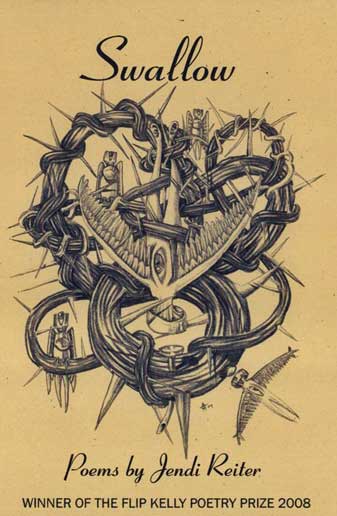“Till on that cross as Jesus died/The wrath of God was satisfied…”
These lines from “In Christ Alone“, one of my favorite contemporary Christian songs, sum up the penal substitution theory of the Atonement — what the average person thinks of when you say “Christ died for your sins”. It’s a powerful but troubling formula that connects God’s love with violence.
Liberal Christians sometimes condemn this theory as “divine child abuse”. I feel sympathy for that point of view. And yet, as Experimental Theology’s Richard Beck observes in a recent post about his prison Bible study group, perhaps “doubt is the luxury of the privileged”. Traditional atonement theory seems to resonate most with people who are in extremis. Yes, this story about God is grotesque, terrifying, mysterious — and so are their lives. Richard writes:
The metaphors of penal substitutionary atonement speak to the issue of human guilt. No other suite of metaphors so powerfully addresses this facet of the human experience before a Holy God. Thus, I do think it would be rash to completely do away with penal substitutionary thinking. It performs a task that no other view of atonement can perform.
The problem with the penal substitutionary metaphors is that they are so very strong. Too strong to be deployed on a regular basis. And that is the real problem. It’s not so much that penal substitutionary thinking is wrong, it is rather that it is wrongfully deployed. Penal substitutionary atonement is at its best when deployed rarely and only in the most extreme circumstances. It can’t be everyday fare. The trouble is that it IS everyday fare in many churches. Penal substitutionary atonement is like a very strong acid. It has to be handled with care. And if you handle it as much as we do in our churches, often and carelessly, you end up with chemical burns. Thus many Christians are pulling away from churches in pain.
So when is the proper time to deploy penal substitutionary atonement? Like I said, penal substitutionary thinking is at its best when it speaks to profound human guilt. Specifically, some of us have committed such awful sins that our self-loathing, guilt, and shame destroy the soul. We cannot forgive ourselves. Only a very strong concoction can wash us clean. Penal substitutionary atonement is that chemical bath. It’s strong acid–You deserve death and hell for the life you’ve lived–making it the only thing powerful enough to wash away a guilt that has poisoned the taproot of a human existence. Nothing more mild (e.g., the moral influence views I so love) can speak to this issue.
So, it seems to me, there is a proper time to pull the beaker of penal substitutionary atonement off the theological shelf.
But here’s the trouble. Most of us live bland bourgeoisie lives with bland bourgeoisie sins. Few of us have lived catastrophically immoral lives. Thankfully so. But this creates a bit of a disjoint when a preacher throws penal substitutionary atonement at us. It just doesn’t resonate. The strong acid just burns us. The notion that God demands our death for these slight infractions AND that God will condemn us to an eternal torment of excruciating pain makes God seem, well, rather crazed.
This feeling gets worse when penal substitutionary atonement is thrown at children. In these contexts the deployment of penal substitutionary metaphors can seem obscene and psychologically abusive. Again, the issue for us is the incommensurability between the offenses of the children (not playing nice on the playground) and the penal substitutionary view (for these infractions God will punish you forever in hell). Continuing my chemical metaphor, kids shouldn’t play with acid.
The point I’m trying to make is that penal substitutionary atonement isn’t bad per se. The problem is that penal substitutionary atonement is a victim of its own strength. It has suffered not by being a bad idea, but by being handled too often and too carelessly. Some people do live in such a hell of guilt that only the vision of God’s death sentence, something they feel deep in their bones to be justified and proper, can reach the depth of their self-hatred. So we shouldn’t throw penal substitutionary atonement out the door. We just need to understand its proper function and place.
Christians just need to go to chemistry class.
To expand on Richard’s point, when I first converted, my core issues were guilt and shame. The story of the “cleansing blood” freed me from the crippling compulsion to be perfect. That’s a familiar conversion story for a lot of people. The problem comes when churches try to return people to that place of self-loathing, as if it were the only way to rekindle the emotions of gratitude and love that led us to Jesus. We’re not allowed to actually start living in grace, to see ourselves and our neighbors truly through the eyes of God as the good creations we were meant to be.
At the same time, sin is an ever-present condition. We will feel guilty again, maybe for good reason. Don’t be too proud, too liberal, too smart to rejoice that “it’s still the blood“.
Have a blessed Good Friday.
